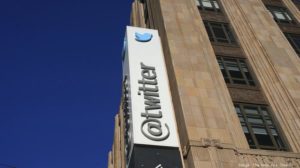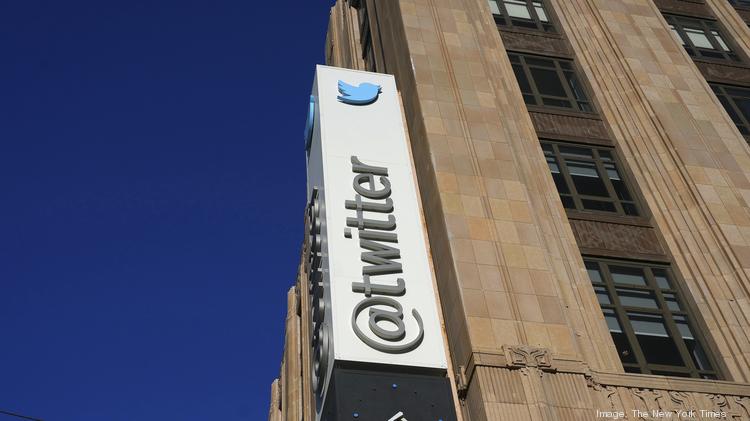Article published in the Philadelphia Business Journal on December 12, 2022.
Shortly after Elon Musk acquired Twitter on Oct 27, the company lost about half of its largest 100 advertisers, reducing the revenue needed to operate the company. Prior to his acquisition, advertising accounted for 90% of Twitter’s revenue.
Advertisers want to protect their brand. Companies are loath to advertise on a social media platform that allows posts which are baseless conspiracy theories or stir up discord, hatred and violence. They don’t want to be associated with hate speech posted on Twitter under the guise of free speech.
Musk has blamed activists for the loss of advertisers when he tweeted, “Extremely messed up! They’re trying to destroy free speech in America.” Musk needs a lesson in free speech. Companies are free to decide where to advertise. It’s called freedom to run their business as they see fit.
What does free speech not include? In the case of Brandenburg v. Ohio, 395 U.S. 444 (1969), the Supreme Court ruled that “Freedom of speech does not include the right to incite imminent lawless action.”
A Nov. 28 article written by Robert Mackie and Micah Lee is headlined, “Left-wing voices are silenced on Twitter as far-right trolls advise Elon Musk” describes Twitter’s move to the right of the political spectrum. This lack of balance will not comfort the companies that Musk is trying to retain and attract for their advertising dollars. Companies don’t want to be associated with controversy.
The link between hate speech on social media platforms and violence is well documented. In a November 2018 Washington Post article, Rachel Hatzipanagos provides example after example of individuals radicalized by social media committing violence against those they hate. She quotes Adam Neufeld of the Anti-Defamation League, who said, “[Tech companies] have been slow to realize how influential their platforms are in radicalizing people.”

Bigots pounced on the opportunity to post their hate speech on Twitter. During the 24-hour period immediately after Musk acquired the company, more than 4,700 tweets were posted that “included vulgar and hostile terms for individuals based on race, religion, ethnicity and [sexual] orientation.” This is 2.4 times higher than the number of hate Tweets just prior to Musk’s acquisition of Twitter. An increase in the incidence of hate speech immediately after Musk’s acquisition of Twitter was confirmed by the Center for Countering Digital Hate.
So, what did Musk do after he acquired Twitter? He fired a significant number of employee moderators overseeing tweets that failed to meet Twitter’s terms of service. A week later, he fired contract moderators. What type of signal did he think decimating the moderation staff of Twitter would send to those who are just waiting to post what advertisers abhor?
To Musk’s credit, he suspended Kanye West (now known as Ye) from Twitter on Dec. 2 for his virulently antisemitic comments, praise of Adolf Hitler and juxtaposing a Jewish star and a swastika. There is a long established history of antisemitism inciting violence against Jews on social media.
Musk’s Twitter moderation policies and practices will need to meet other countries’ standards. After a “clear and honest” conversation with Musk on Dec. 2 during his visit to the U.S., French President Emmanuel Macron tweeted, “Transparent user policies, significant reinforcement of content moderation and protection of freedom of speech: efforts have to be made by Twitter to comply with European regulations.”
It has been reported by a number of news organizations that both Apple and Amazon plan to reinstate advertising on Twitter. As Twitter’s moderation practices under Musk evolve, other companies will follow suit. Where Twitter draws the line between free speech and hate speech remains to be seen.
Stan Silverman is founder and CEO of Silverman Leadership and author of “Be Different! The Key to Business and Career Success.” He is also a speaker, advisor and widely read nationally syndicated columnist on leadership. He can be reached at Stan@SilvermanLeadership.com.

